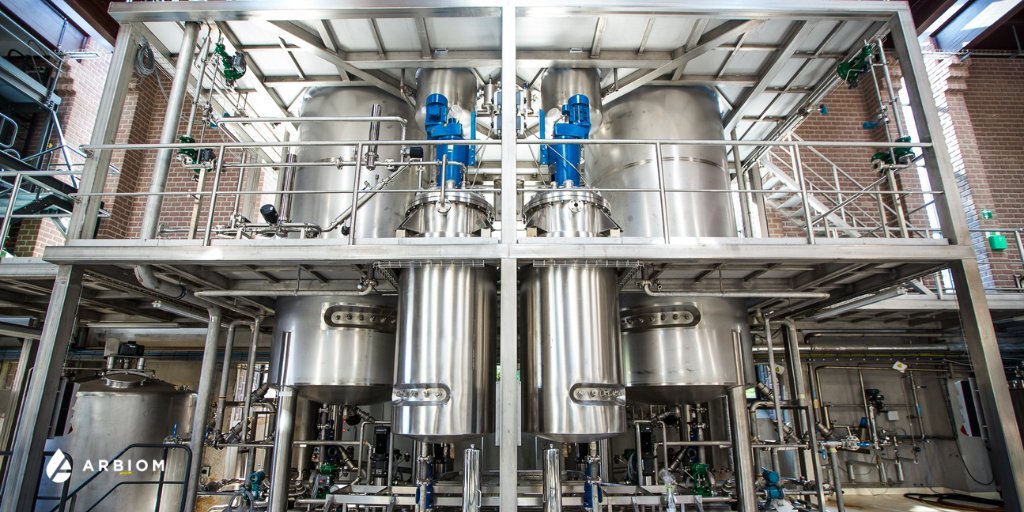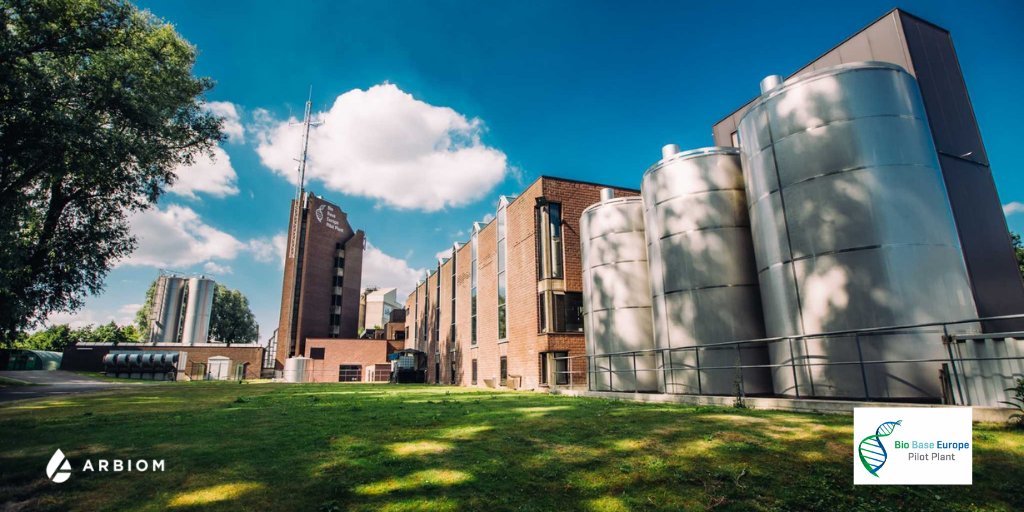3 Mins Read
In the race to develop new sustainable protein, one startup has honed in on quite an usual source: wood. Based between the U.S. and France, agricultural biotech firm Arbiom is using fermentation to convert timber into protein dubbed SylPro. Having recently demonstrated the alternative protein ingredient, Arbiom is now scaling its solution with the hopes of commercialising its technology with food and feed industry partners.
Going by the tagline “from wood to food”, Arbiom is a startup developing a novel protein using the planet’s readily available carbon resources in order to meet the sharp projected increase in our global food requirements. Transforming wood into food relies on its proprietary biomass processing and fermentation technology, which upcycles wood residue or lignocellulosic biomass from the forestry industry into SylPro.
Their fermentation platform leverages the natural genes of microorganisms, without the use of any GMOs, chemical extraction or processing additives, and results in a final yeast-based protein product that has a mild umami taste and functions like current plant-based proteins, making it possible to incorporate into a range of animal-free alternative products in addition to applications as a sustainable animal feed.
It sounds pretty sci-fi, but the firm completed in March this year a successful demonstration of its fermentation technology several times over a seven-day period, without contamination or product quality issues – at a 15m3 scale, producing around 2.5 tons of the protein ingredient.

What makes this wood-based protein different from other alternative protein solutions, such as existing plant-based sources and cell-cultured meats under development, is that it can make a whole lot more protein to address the huge requirements that come with a planet of 10 billion people.
“If we look at the current strategies for protein production one thing is clear. We need to produce more protein in terms of total volume,” said Arbiom senior vice president of nutrition and product development Ricardo Ekmay, in a recent conversation with FoodNavigator.
“A lot of the strategies for meeting that goal centre around gaining efficiencies around the distribution of that current production. If you look at it as a pie…it still doesn’t tackle the main question of did we make the pie bigger.”
To date, Arbiom says it has completed more than 2,000 hours of process scale-up operations – over the commercial industry standard of 1,000 hours – and is due to add on an extra 800 hours of continuous fermentation operations through 5 programs to produce around 6 tons of SylPro by the end of this year.

While the firm is headquartered in Durham, North Carolina, it has a base in Paris, where the team can easily work alongside partners at Bio Base Europe Pilot Plant (BBEPP) and their facility in Belgium. BBEPP is part of the Sylfeed Consortium, an international four-year project involving players across the entire value chain – from wood sourcing to food and feed manufacturing – with the aim of addressing Europe’s protein gap.
Sylfeed is currently being funded by the European Union’s Horizon 2020 research and innovation program, and Arbiom says that industry partnerships like this are critical for its go-to-market strategy and impact plan.
“Our long-lasting relationship with BBEPP has been a key factor contributing to the success of Arbiom’s Demonstration Program,” explained Marc Chevrel, Arbiom CEO. “We want to thank the BBEPP team for their dedication and support to Arbiom’s successful technology scale-up initiatives to reach full commercialisation.”
Having demonstrated its proof-of-concept, Arbiom told FoodNavigator that the next step is to get through regulatory hurdles before launching in the U.S. and European markets, but will also be looking to license out its technology to speed up the commercialisation process.
Lead image courtesy of Unsplash.




